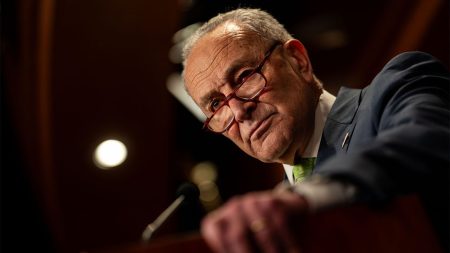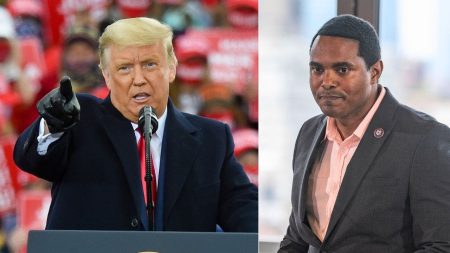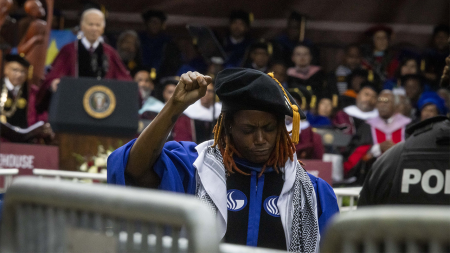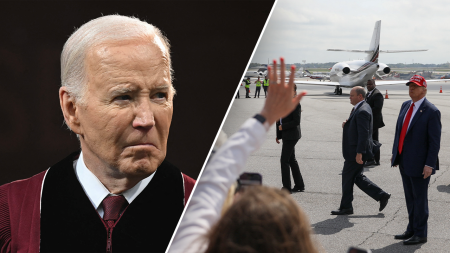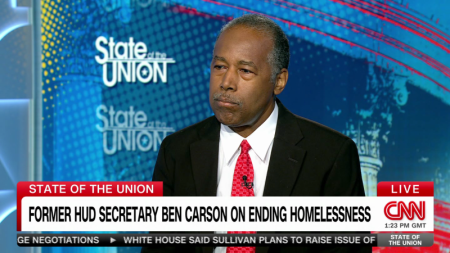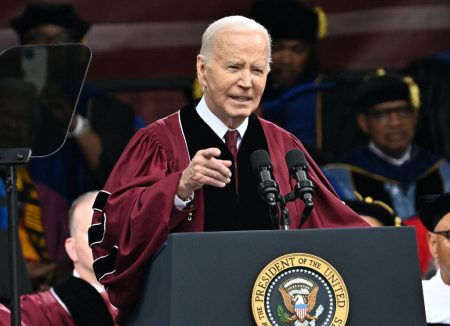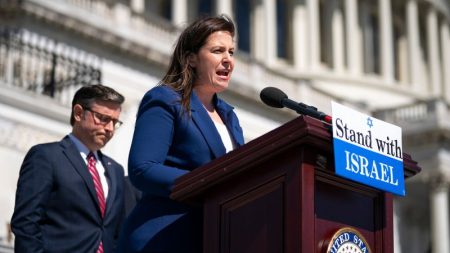No Labels, a centrist group, has decided to abandon its plans to form a third-party presidential unity ticket for the 2024 election. The group released a statement citing a lack of candidates with a credible path to winning the White House as the reason for their decision. No Labels spokesperson Maryanne Martini mentioned that Americans are more open to an independent presidential run and hungry for unifying national leadership, but the group could not identify suitable candidates to support. The Wall Street Journal first reported on this development, and the story is still developing.
The decision by No Labels to end their effort to put forth a Unity ticket in the 2024 presidential election reflects the challenges of forming a viable third-party option in the current political landscape. Despite growing interest in independent candidates and a desire for unifying national leadership, the group was unable to find candidates with a realistic chance of winning the White House. This development highlights the difficulties faced by centrist groups in trying to break through the dominance of the two-party system in American politics.
The decision by No Labels to stand down from their efforts to support a third-party presidential unity ticket demonstrates their commitment to responsible action. By recognizing the lack of viable candidates and choosing to step back, No Labels is showing a willingness to prioritize credibility and practicality in their political activities. This decision reflects a pragmatic approach to political action and an understanding of the challenges involved in trying to establish a competitive third-party option in the current political environment.
The fact that No Labels is ending their effort to form a third-party presidential unity ticket does not diminish the importance of independent candidates and unifying national leadership. The group’s acknowledgement of Americans’ openness to alternative political options and desire for unity in leadership suggests that there is still a demand for alternatives to the traditional two-party system. While their specific efforts may have fallen short in this instance, the broader sentiment for political unity and diversity of options remains a significant factor in American politics.
As this story continues to develop, it will be interesting to see how other centrist groups and independent candidates respond to the challenges faced by No Labels in their efforts to establish a third-party presidential unity ticket. The difficulties encountered by No Labels may serve as a cautionary tale for others seeking to challenge the dominance of the two-party system and underscore the complexities involved in trying to break through established political structures. The decision by No Labels to end their effort highlights the need for a realistic assessment of the political landscape and the importance of credibility in attempting to establish a viable third-party option.
In the future, No Labels and other centrist groups may need to reassess their strategies and approaches to creating a competitive alternative to the two-party system. By learning from the challenges faced in this instance and adapting their tactics accordingly, these groups may be able to better position themselves to influence the political discourse and offer voters meaningful choices in future elections. While the road to establishing a successful third-party option may be difficult, the continued demand for independent candidates and unifying national leadership suggests that there is still potential for alternative political movements to make an impact on American politics.







